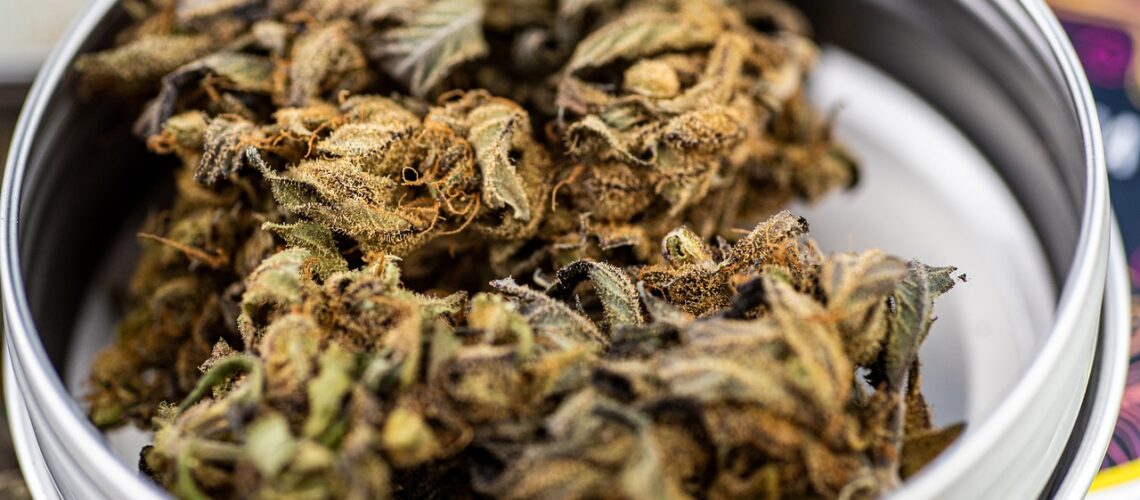THCa Flower vs THC: Understanding the Key Differences
December 16, 2024

THCa Flower vs THC: Understanding the Key Differences
The world of cannabis is vast and varied, with numerous compounds contributing to its effects and benefits. Among these, THCa and THC are two of the most discussed. While they share a similar name, their properties and effects differ significantly. This article from indacloud.co explores these differences, providing insights into their unique characteristics and uses.
What is THCa?
THCa, or tetrahydrocannabinolic acid, is a non-psychoactive cannabinoid found in raw and live cannabis plants. It is the precursor to THC, the compound responsible for the psychoactive effects associated with cannabis use. THCa is abundant in fresh cannabis flowers and begins to convert to THC when exposed to heat through a process known as decarboxylation.
Benefits of THCa
Research into THCa is still in its early stages, but preliminary studies suggest several potential benefits:
- Anti-inflammatory properties: THCa may help reduce inflammation, making it a potential option for conditions like arthritis.
- Neuroprotective effects: Some studies indicate that THCa might protect brain cells, which could be beneficial for neurodegenerative diseases.
- Anti-emetic properties: THCa may help alleviate nausea and vomiting, particularly in patients undergoing chemotherapy.
What is THC?
THC, or delta-9-tetrahydrocannabinol, is the most well-known cannabinoid due to its psychoactive effects. It is the compound that gives cannabis its characteristic “high.” THC is formed when THCa is heated, either through smoking, vaping, or cooking.
Effects of THC
THC is known for its wide range of effects, which can vary depending on the strain and individual tolerance:
- Euphoria: Many users report feelings of happiness and relaxation.
- Altered perception: THC can change the way users perceive time and space.
- Increased appetite: Often referred to as “the munchies,” THC can stimulate hunger.
Comparing THCa and THC
While both THCa and THC originate from the same plant, their differences are significant. Understanding these differences can help users make informed decisions about their cannabis consumption.
Psychoactivity
The most notable difference between THCa and THC is psychoactivity. THCa is non-psychoactive, meaning it does not produce the “high” associated with cannabis. In contrast, THC is psychoactive and is responsible for the mind-altering effects.
Medical Applications
Both THCa and THC have potential medical applications, but they are used differently:
- THCa: Often used in its raw form for its potential anti-inflammatory and neuroprotective benefits.
- THC: Commonly used for pain relief, appetite stimulation, and reducing nausea.
Consumption Methods
The method of consumption can affect whether THCa or THC is more prevalent:
- Raw consumption: Consuming raw cannabis, such as in smoothies or salads, preserves THCa.
- Heating methods: Smoking, vaping, or cooking cannabis converts THCa to THC.
Case Studies and Research
Several studies have explored the effects and benefits of both THCa and THC. For instance, a study published in the British Journal of Pharmacology highlighted THCa’s potential anti-inflammatory properties. Another study in the Journal of Clinical Investigation discussed THC’s role in pain management and appetite stimulation.
These studies underscore the importance of continued research to fully understand the potential of these cannabinoids. As legalization expands, more comprehensive studies are likely to emerge, providing deeper insights into their benefits and applications.
Legal Considerations
The legal status of THCa and THC varies by region. In many places, THC is regulated due to its psychoactive effects, while THCa may not be subject to the same restrictions. However, as THCa can convert to THC, legal considerations can become complex. It’s important for consumers to be aware of local laws and regulations regarding cannabis use.
Conclusion
THCa and THC are two distinct compounds with unique properties and effects. While THCa offers potential therapeutic benefits without psychoactivity, THC is known for its mind-altering effects and medical applications. Understanding these differences can help users choose the right product for their needs, whether for recreational or medicinal purposes. As research continues, the full potential of these cannabinoids will become clearer, offering new opportunities for their use in various fields.